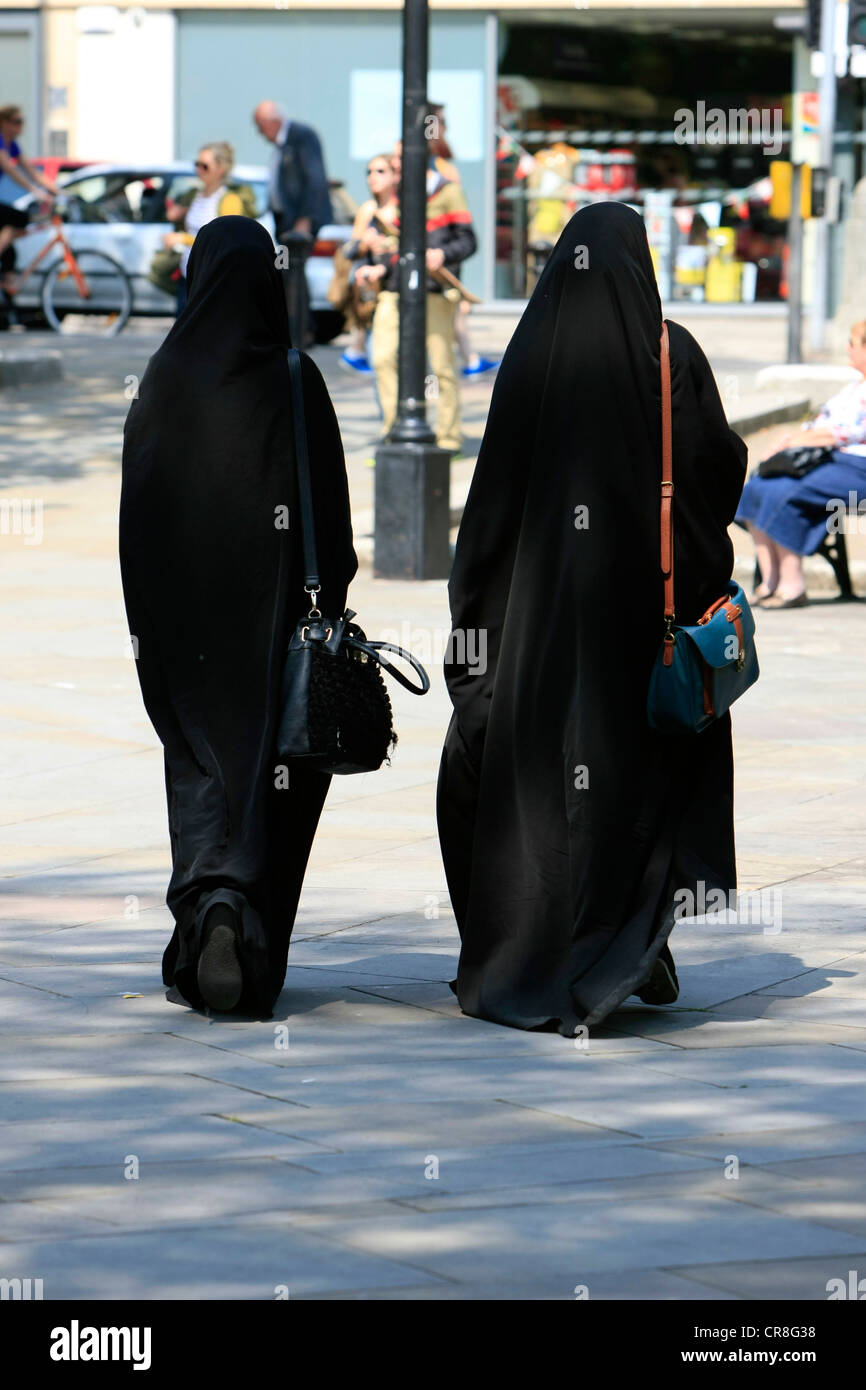Understanding the Essence of Islamic Women’s Clothing
The concept of Islamic women’s clothing is deeply rooted in the principles of modesty and respect for the female form. It is not merely a matter of covering up, but a reflection of one’s faith and cultural identity. As we delve into the nuances of this attire, we must approach it with an open mind and a willingness to learn. The attire is a symbol of piety and adherence to the teachings of Islam, which emphasizes the importance of modesty for both men and women.

The Significance of Modesty in Islamic Attire
Modesty in Islamic women’s clothing is a cornerstone of Islamic teachings. It is derived from the Quranic verse (An-Nur 24:30-31) which instructs both men and women to lower their gaze and guard their modesty. This principle extends to attire, dictating that clothing should be loose-fitting and not reveal the shape of the body. The aim is to foster an environment where individuals are respected for their character and not their physical appearance.

Cultural Variations in Islamic Dress
It is important to recognize that Islamic women’s clothing varies greatly across different cultures and regions. From the hijab worn in many Muslim-majority countries to the more conservative burqa and niqab, the interpretation of modesty in dress is diverse. Each culture adapts the principles of modesty to suit its own social context, resulting in a rich tapestry of sartorial expressions of faith.

Adapting to Different Seasons and Environments
The adaptability of Islamic women’s clothing is another key aspect to consider. Women who observe modest dressing must also contend with practical considerations such as weather and climate. For instance, during the hot summer months, lighter fabrics and designs are chosen to provide comfort without compromising modesty. In colder climates, layering allows for warmth while still adhering to the principles of modesty.
:max_bytes(150000):strip_icc()/GettyImages-650998226-5ba9face4cedfd0025a47779.jpg)
The Role of Fashion in Islamic Women’s Clothing
Fashion plays a significant role in the evolution of Islamic women’s clothing. Designers are increasingly incorporating modern aesthetics into their collections, offering stylish and fashionable options that align with modesty requirements. This fusion of faith and fashion has led to a growing market for modest fashion, appealing to a global audience that values both style and substance.

Conclusion
In conclusion, Islamic women’s clothing is a multifaceted topic that encompasses religious, cultural, and practical considerations. It is a living tradition that adapts and evolves with time, reflecting the diversity and richness of the Muslim experience. As we seek to understand and appreciate this aspect of Muslim life, we are reminded of the universal values of respect, modesty, and cultural expression.






